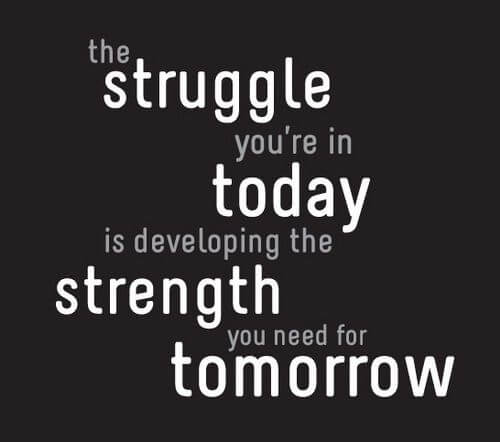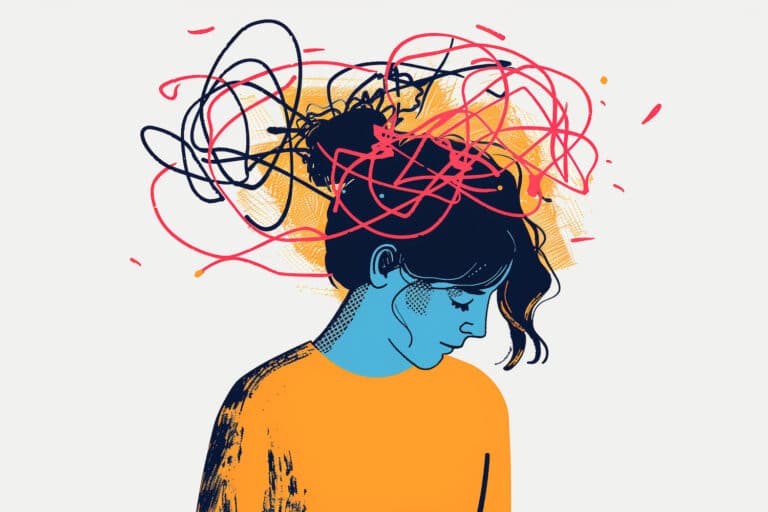Recovery from an eating disorder takes time, even after you leave treatment. You have spent days, months, and maybe even years training your brain to rely on your eating disorder for relief and a false sense of control. In 30, 60, 90, or 120 days, we can start retraining your brain and giving it opportunities to engage in other processing and coping skills to manage distress, but it doesn’t mean your brain won’t continue to experience urges to engage in old behaviors. They were somewhat effective (even if temporarily), or your brain wouldn’t have learned to rely on them.
So, it is important to remember to take recovery one day at a time. Recovering from an eating disorder will test your endurance and determination, but it is worth it. You may experience a slip or relapse, but remember your relapse is less important than what you do immediately following your relapse.

Refocusing on your recovery and reaching out for support are essential steps in preventing a full loss of control. Here are a few steps to take following a slip or relapse:
- Rely on your support system. Reach out to your therapist, psychiatrist, support group, or treatment center staff immediately (even if you haven’t seen them in a while)—it takes courage and strength to reach out. Know that the people who support you want to be there for you and will be proud of the courage it took to reach out instead of continuing engagement in eating disordered behaviors. They will help you figure out next steps so you never have to do this alone.
- Remind yourself that secrecy promotes the existence of shame, self-judgment and further exacerbation of numbing behaviors. It can be scary to reach out, but it’s scarier to listen to what your eating disorder voice is telling you. You’ve listened to it before, and it didn’t turn out well.
- Try to surround yourself with at least one other person at all times and do not allow yourself to isolate. Chances of continuing to engage in eating disordered behaviors are much higher when you are alone.
- Practice self-compassion. Talk to yourself how you would talk to a good friend or loved one who had a slip. If you wouldn’t tell them what you have been telling yourself, it’s not true for you either.
Never be afraid to ask for help. Magnolia Creek is here to help you before, during, and after treatment. Remember you are never alone. If you or a loved one is experiencing symptoms of an eating disorder, Magnolia Creek can offer support services. For more information or to answer questions, please contact our admissions team at 205-235-6989.




